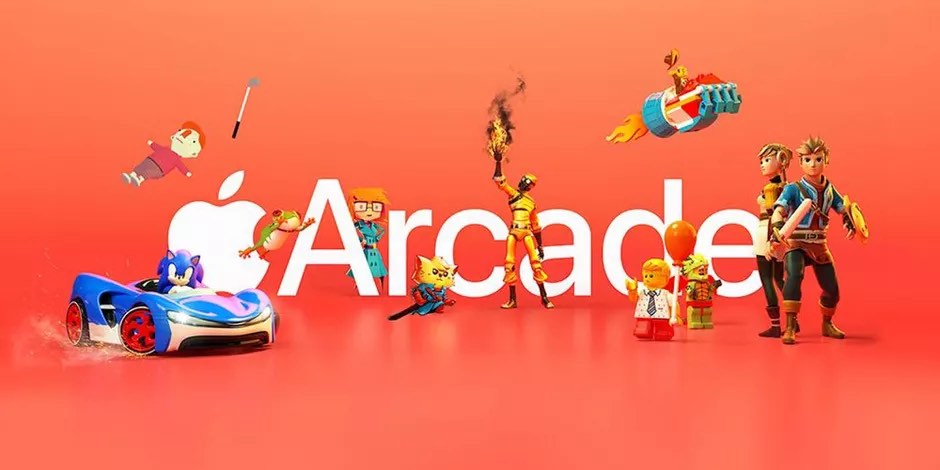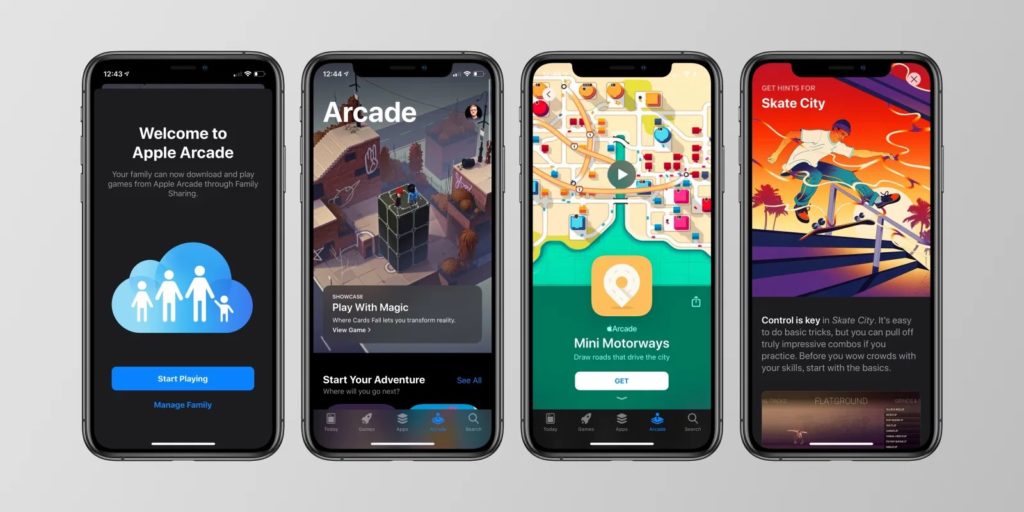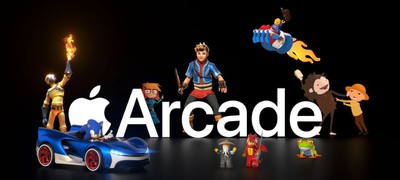
As we pass the halfway point of 2020, all the big talk in the world of video games is the forthcoming battle between Microsoft and Sony as they prepare to pit their brand-new, next-generation consoles against each other. That’s not the way that Apple and Google envisioned the world would be when they made their own forays into video gaming in 2019. Had they been right about their expectations for Apple Arcade and Google Stadia respectively, Sony and Microsoft would almost have been also-rans by this point. Gamers would have moved on to streaming games, and owning a console to play them on would seem like an archaic idea.
We all know the bulk of the reasons why this didn’t happen. Stadia had a deluge of teething problems as it attempted to find the best way to serve its market, and Apple might not have been bold enough in its vision of the gaming landscape. Stadia set itself up as a genuine alternative to the all-powerful consoles, and the games that are played on them. Apple, by contrast, went with the Nintendo-style approach of trying to focus on family entertainment and simpler, more fun-focused games in an attempt to capture an audience. That strategy now appears to have been a failure, and Apple has decided that it’s time to take action.
In truth, the way in which both Google and Apple approached the task of making video games available through streaming probably owes a little something to the existence and popularity of online slots websites. It was those websites that popularized the idea of ‘gaming without hardware,’ but there’s a big difference between Stadia or Apple Arcade when compared to an online slots website. If you visit one of the better online slots websites on the market, you’ll find hundreds of slots, and certainly all of the best-known and most-played Blueprint online slots. Neither Google nor Apple has yet been able to persuade enough big-name games providers to put all of their most popular titles onto their platforms, and the result has been a sparse offering that’s failed to enthrall players.

In the case of Apple, it seems that the company has decided that not only are there not enough games, but the games that do exist on the platform aren’t engaging enough. Over the course of the past few days, some of the companies who were working on games for the platform have woken up to the news that their contract with the giant tech company has been canceled, because Apple no longer has faith in the quality of the games they’re producing. This is devastating news to the companies who rely on those contracts to keep the bills paid and keep staff paid, and it signals a significant change in direction from Apple. The company no longer wants basic, cheap, cheerful games. It wants guaranteed, bonafide hits – and it’s prepared to do whatever’s necessary to get them.
All of the developers who have been willing to speak to the press about the issue so far have told the same story; Apple isn’t satisfied with the ‘engagement level’ of their games and is, therefore, pursuing other avenues. For ‘engagement,’ we can probably read ‘subscription retention.’ The hard fact of the matter is that a simple game won’t take a player as long to complete as a complicated one, and a less challenging game won’t hold a player’s attention for as long as a challenging one. If players feel that they’ve got all the enjoyment they’re likely to get out of the games on Apple Arcade, they no longer have a motive to keep their subscription to the service. We don’t have access to Apple’s current subscription numbers in relation to the Arcade platform, but it doesn’t take a significant leap of the imagination to suppose that this radical change has been prompted by a sharp drop in subscribers over the first half of 2020.
A particular bone of contention for Apple appears to be the fact that while they’ve spent several million dollars on game development, resulting in the creation of over 120 platform-specific games, they’re yet to see their first major ‘hit.’ There hasn’t been an Apple Arcade equivalent of, for example, “Fortnite.” There hasn’t been a game that’s attracted attention beyond the confines of the platform and ‘gone viral’ in the way that the very best games tend to do, and that’s been disappointing for the company. Having pulled money back from some developers, they now intend to plow more into developers who, they hope, can give them what they want. The puzzle game “Grindstone” is believed to be more in line with what Apple is looking for, as it contains multiple levels and thus keeps players around for longer.

What all of this might look like in terms of the games that are produced in the future remains to be seen. It’s unlikely that Apple will want to pursue a radically different audience to the one it already has, so we don’t imagine that we’ll see Apple-friendly equivalents to “Resident Evil” on the platform any time soon. They appear to be happy with the audience that they have; they’d just like them to stick around a little longer and become more engaged with the games on offer to them. That will probably involve the creation of not only more complex games, but more games in general. Whether Apple can achieve sufficient volume from a smaller pool of development is unknown, and that in itself might present a unique challenge.
Apple has enormous financial resources at its disposal, and so it can afford to back its dream of a standalone gaming platform for as long as it wants to. With enough time, effort, and expense, they’ll probably succeed in the end even it takes them longer than they might have hoped for. What all of this does prove, though, is that the video gaming market is a tough one to break into if your level of experience with the format is limited, and the market is already saturated. Nobody is guaranteed success in this highly competitive industry; not even Apple.
